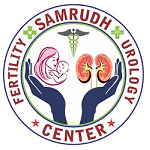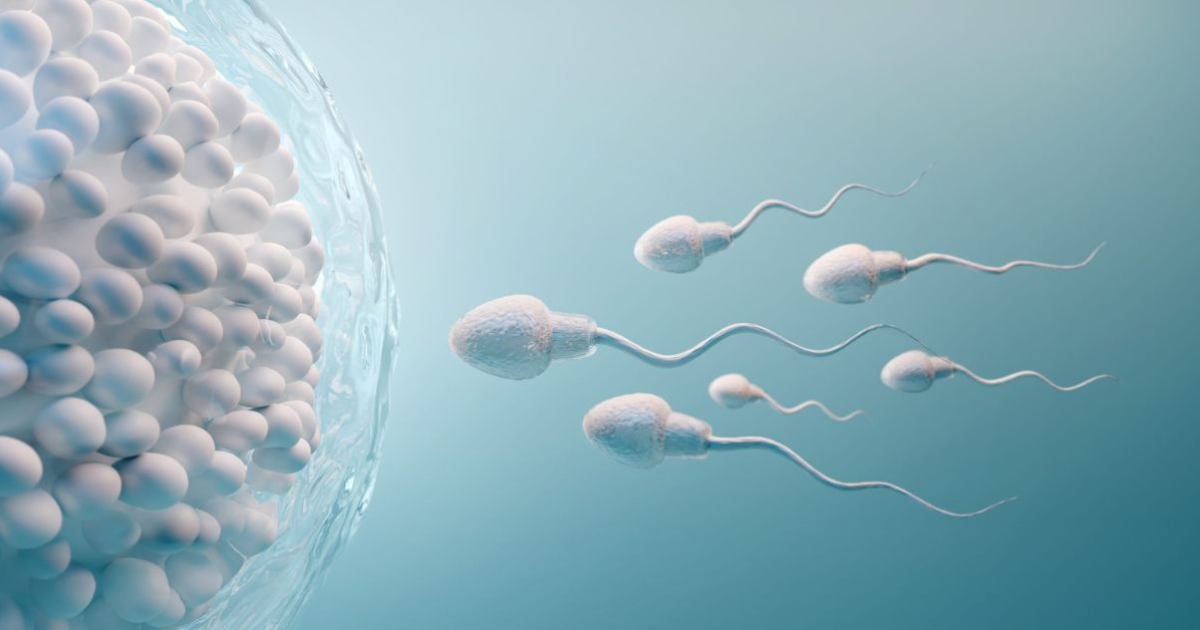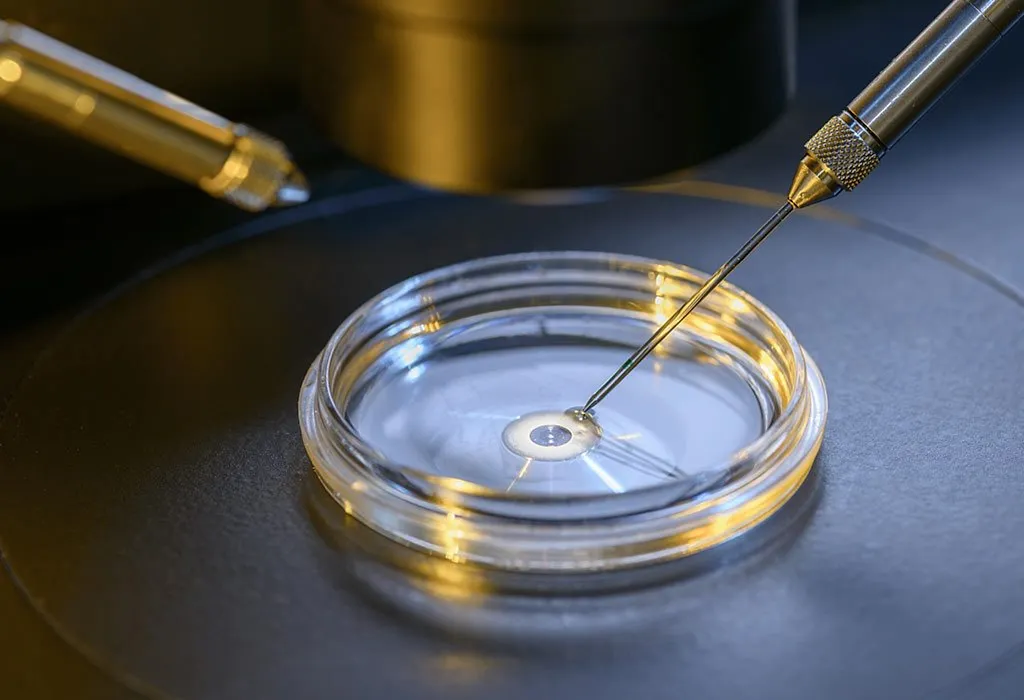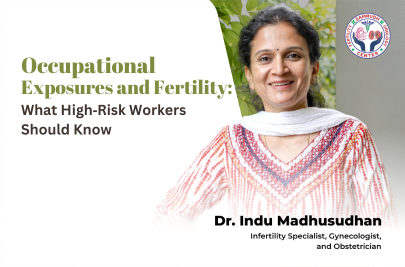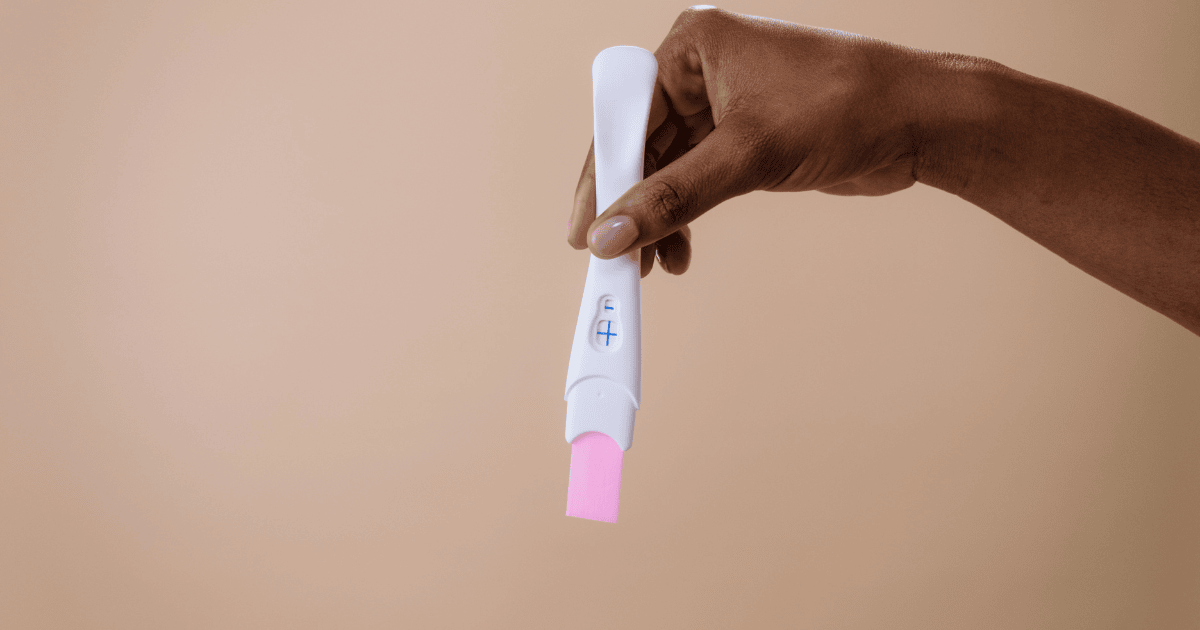many couples dream of becoming parents, but some face challenges such as difficulty conceiving or experiencing miscarriages. A miscarriage, especially if it happens more than once, can cause deep emotional pain and uncertainty. While it is natural to grieve, the most important step towards having a healthy pregnancy in the future is identifying the cause behind the problem.
Many women in India either delay seeking help or are unaware of the medical tests that can pinpoint the root cause. By understanding what leads to miscarriage and how to diagnose it, couples can make informed decisions and improve their chances of carrying a pregnancy to term.
Why Pregnancy and Miscarriage Challenges are Common
Several factors make pregnancy challenges more common in India:
Increasing maternal age due to career or personal choices
Rising cases of Polycystic Ovary Syndrome (PCOS) and thyroid disorders
Lifestyle changes such as poor diet, lack of exercise, and stress
High rates of untreated infections and vitamin deficiencies
Limited awareness about fertility testing
In fact, according to the Indian Council of Medical Research (ICMR), nearly 15% of pregnancies end in miscarriage, and recurrent miscarriage affects around 1% of couples.
Understanding What a Miscarriage Means
A miscarriage is the spontaneous loss of a pregnancy before the 20th week. It can occur for many reasons, and in most cases, it is not due to anything the woman has done wrong. Miscarriages can be:
Early miscarriage – before 12 weeks
Late miscarriage – between 12 and 20 weeks
There are also different types of miscarriages, such as missed miscarriage, threatened miscarriage, and complete miscarriage, each with specific characteristics and implications for treatment.
How Common are Miscarriages?
Below is a table summarising miscarriage data:
| Age of Mother | Risk of Miscarriage |
|---|---|
| Under 30 | 10-12% |
| 30-34 | 12-15% |
| 35-39 | 18-20% |
| 40+ | 30-40% |
This shows that maternal age plays a significant role in miscarriage risk, but it is not the only factor.
Causes of Pregnancy Challenges and Miscarriage
Hormonal imbalances such as thyroid disorders or low progesterone levels
PCOS which can affect egg quality and uterine lining
Uncontrolled diabetes that affects embryo development
Uterine abnormalities such as fibroids or septum
Blood clotting disorders like Antiphospholipid Syndrome
Genetic Causes
Chromosomal abnormalities in the embryo
Inherited genetic disorders from either parent
Lifestyle Causes
Smoking, alcohol consumption, or excessive caffeine
Poor nutrition and lack of essential vitamins like folic acid
Extreme stress or irregular sleep patterns
Environmental Causes
Exposure to harmful chemicals or radiation
High pollution levels affecting overall reproductive health
Diagnosing the Root Cause: The Most Important Step
Many couples only focus on treatment without first identifying the exact reason for miscarriage or pregnancy difficulties. But diagnosis is the foundation of successful treatment.
Medical History Assessment
A detailed discussion with your doctor about:
Number of miscarriages and at what stage they occurred
Past pregnancies, complications, or premature births
Any history of menstrual irregularities, PCOS, or endometriosis
Family history of genetic disorders
Blood Tests
These can identify hormonal, clotting, or autoimmune issues:
Thyroid profile (TSH, T3, T4)
Blood sugar levels (Fasting, HbA1c)
Progesterone levels
Antiphospholipid antibody test
TORCH test for infections
Ultrasound & Imaging
Transvaginal ultrasound to check the uterus, ovaries, and endometrial lining
Hysterosalpingography (HSG) to check fallopian tube blockages
3D ultrasound for detailed uterine structure
Genetic Testing
Karyotyping for both partners
Preimplantation genetic testing (in IVF cases)
Hormonal Evaluation
AMH (Anti-Müllerian Hormone) to assess ovarian reserve
LH and FSH levels to evaluate ovulation health
Accurate diagnosis can often reveal treatable causes that, once addressed, significantly improve pregnancy outcomes.
Emotional and Psychological Impact
The emotional toll of repeated pregnancy losses can be overwhelming. Women may experience grief, guilt, and anxiety about future pregnancies. Couples should consider:
Counselling or therapy
Support groups (online or offline)
Open communication with family and friends
Treatment Options Based on Cause
Treatment depends on the diagnosis:
Hormonal treatments for thyroid or progesterone issues
Surgery for fibroids, septum, or uterine abnormalities
Blood thinners for clotting disorders
Lifestyle modifications like weight management and diet changes
IVF with genetic testing for recurrent chromosomal issues
Preventive Measures for a Healthy Pregnancy
Start prenatal vitamins before conception
Maintain a healthy BMI and exercise regularly
Manage chronic conditions like diabetes or hypertension
Avoid smoking, alcohol, and excessive caffeine
Reduce stress with yoga, meditation, or relaxation techniques
When to Seek Medical Help Early
You have irregular periods or signs of hormonal imbalance
You are over 35 and trying to conceive for more than six months
You have a known medical condition affecting fertility
Conclusion and Key Takeaways
Pregnancy challenges and miscarriages are more common than most people realise, but many causes are treatable once identified. The key is not to delay diagnosis and to work closely with a qualified fertility specialist. With the right testing, treatment, and lifestyle changes, couples can improve their chances of a healthy pregnancy.

